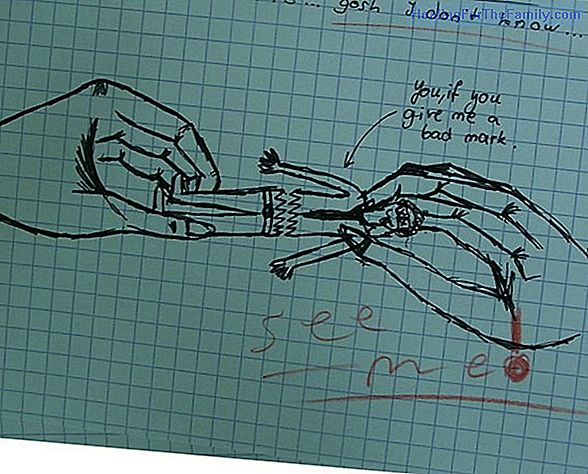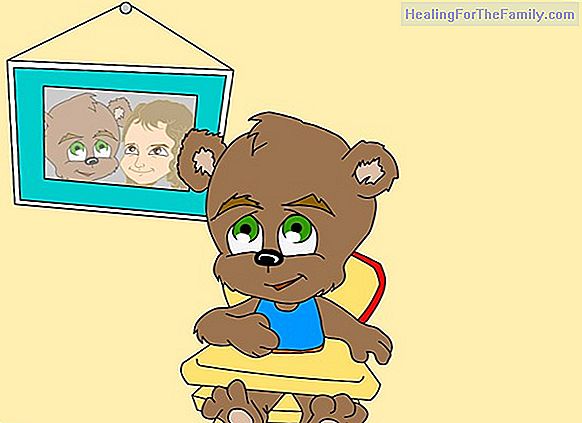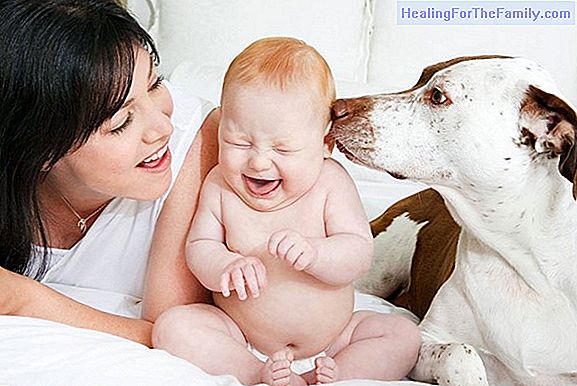Seborrhea and other problems with the scalp of the pregnant woman
Hormonal changes in pregnancy cause many aspects of a woman's body to vary throughout the nine months of pregnancy. The skin can be altered because of the hormones, as well as the weight, but it can also affect hair . Seborrhea, inflammation of the capillary root or loss of capillary volume are some
Hormonal changes in pregnancy cause many aspects of a woman's body to vary throughout the nine months of pregnancy. The skin can be altered because of the hormones, as well as the weight, but it can also affect hair.
Seborrhea, inflammation of the capillary root or loss of capillary volume are some of the problems that a pregnant woman can face.
The most common discomforts in the pregnant woman's scalp

- Seborrhea. In pregnancy, hormonal changes can produce more fat in the skin, and also in the hair. The natural production of sebum in the scalp is necessary to maintain the health of the hair, and this is increased in large quantities by the rise of estrogen in pregnancy. This means that hair fat is higher, and although it may be good news for women who have dry hair, since the hair will look more hydrated and brighter, for those who fight against oily hair it can be an authentic problem.
The seborrhea is the excess production of sebum, which can irritate, inflame and cause small scales to appear on the head. The hormonal alteration is the main cause of this excessive production of fat, and its symptoms are buds of dandruff, small yellow scabs attached to the scalp and inflammation of it. The treatment to control it is to increase the washings, always with shampoos that are not aggressive in terms of chemical products, increase the intake of liquids to provide hydration to the body, and also homemade masks based on apple cider vinegar or aloe vera.
- Hair loss. Many women notice a noticeable hair loss during pregnancy, or that it becomes weaker and brittle as pregnancy progresses. This is due to the increase of estrogen, a hormone necessary for the pregnant woman, but whose production can cause the hair fulículos of the scalp to break or be born less strong than usual.
It is one of the most frequent problems for some pregnant women, which can get worse in the postpartum or breastfeeding. The symptoms are very easy to detect, because when brushing the hair, the hair falls more easily and even breaks. To curb this problem, experts recommend a balanced diet in which iron and zinc levels are controlled, and the use of washing products that are mild and do not carry too many chemical components.
- Folliculitis. The inflammation of the hair follicle is another of the major hair problems of the pregnant woman. Many women can detect how certain parts of their scalp looks more swollen and sensitive, with reddish appearance. This is also due to the hormonal changes that affect the skin and hair.
To fight against this swelling of the affected area of the head is necessary to resort to shampoos and conditioners with a low pH, even those recommended for children. In this way, the hair will be clean but the head will not suffer greater irritationswhen washing it always with warm water with a very soft massage that does not damage the affected area.












